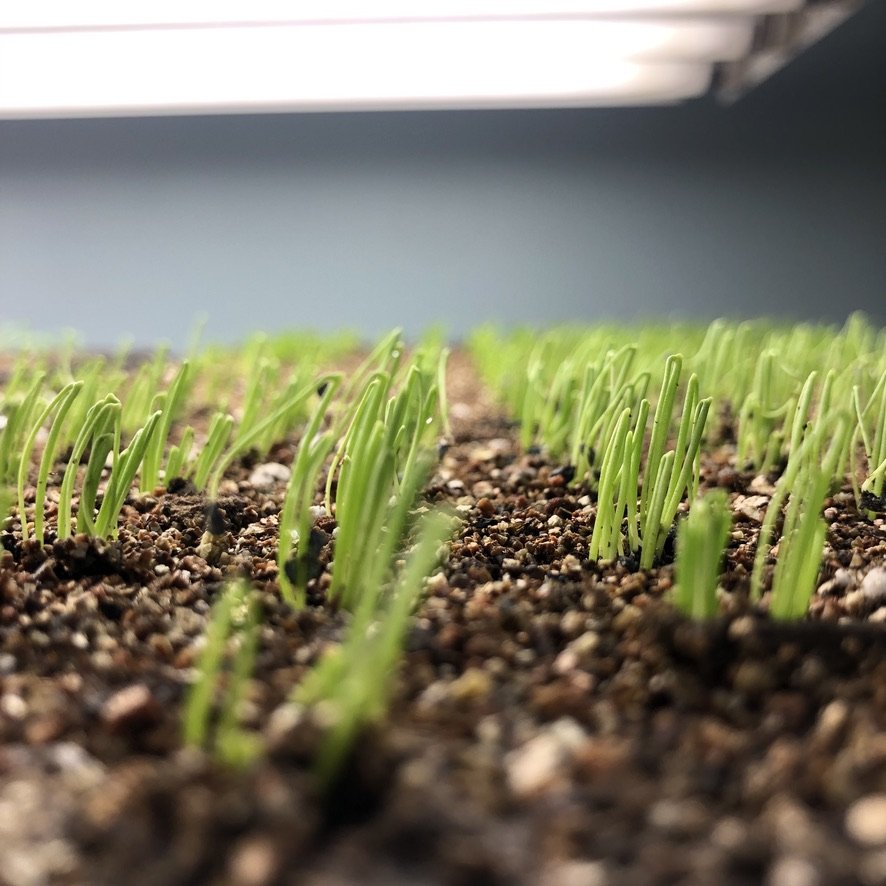
Blog
Deep dives into both timely and timeless food system topics

Celebrating Indigenous People’s Day: The Seeds of Community Resilience!
As we observe Indigenous Peoples Day, we share our deepest gratitude to the Nulhegan Band of the Coosuk Abenaki Nation and their generous efforts sharing Indigenous heritage and knowledge with the community.

A Queer Perspective on our Food System Part 1 – Food Consumers
Prior to the spring of 2020, little was known about food security rates for transgender+ and LGB+ individuals throughout the United States. Little was known because it was not measured.

Black History Month: Community Healing & Food Sovereignty
February is Black History Month, and we here at the Kearsarge Food Hub want to take a moment to explore some of the ways that the Black community has done incredible work toward community care, food sovereignty, and environmental stewardship.

Taking Climate Action through Food
Climate change and environmental degradation have been prevalent topics of discussion throughout the course of many of our lives.

Taking Care in 2021
If 2020 taught us anything, it’s that uncertainty is the new normal.
